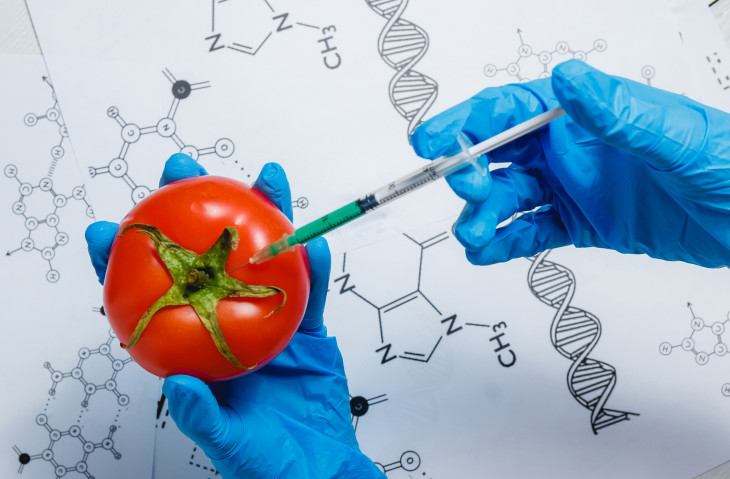The majority of food technologists, food scientists, and soil and plant scientists earn a bachelor's degree. Some scientists will go on to earn a Doctorate of Veterinary Medicine (DVM).
Education & Training
Agricultural Science degrees are offered by numerous land-grant colleges in every U.S. state. Numerous universities and colleges offer agricultural science degrees in agricultural science classes. Degrees in additional sciences including: chemistry, biology, a related engineering specialty or physics may qualify individuals for agricultural science careers.
Undergraduate coursework for food scientists usually consists of botany, biology, plant conservation and chemistry. Individuals preparing to become food scientists take courses such as food analysis, food engineering, food analysis, food processing operations and food microbiology. Individuals preparing to be plant and soil scientists take classes in soil chemistry, plant physiology, plant pathology, biochemistry and entomology or the study of insects.
Undergraduate students in food and agricultural sciences often gain a strong foundation within their specialty. Through research and internship opportunities, there may be an emphasis on teamwork. Students develop good communication skills by taking humanities classes. In order to become adept with common databases and programs, students take computer courses.
Those who obtain a bachelor's degree in agricultural sciences may find work in related fields instead of being a food or agricultural scientist. For instance, a bachelor's degree in agricultural science provides an excellent backbone for ranching applications, farming, feed companies, seed companies, farm equipment, and fertilizer companies. Farm credit institutions are another employment option. Agricultural and food science when combined with business studies can provide a great background for managerial jobs in ranch-related and farm-related businesses.
Further knowledge can be obtained with graduate level studies. Students with bachelor's degrees in agricultural sciences or application-focused food sciences typically earn advanced degrees in dietetics or nutrition. Individuals who major in chemistry or biology may decide to obtain their Ph.D and end up conducting research within the food and agricultural sciences.
Extra emphasis may be placed on original research and laboratory work during graduate school. In this setting, prospective scientists have the chance to supervise undergraduates and conduct their own experiments.
Popular advanced research topics include: biotechnology, animal reproduction and genetics. Advanced studies focus on experiment design and statistical analysis; both important for Ph.D candidates starting their research.
Some food and agricultural scientists earn a Doctor of Veterinary Medicine prior to beginning their animal science training.
Licenses, Certifications, and Registrations
A variety of organizations can provide certifications including: the IFT or Institute of Food Technologists, the ARPAS or American Registry of Professional Animal Scientists or the SSSA or Soil Science Society of America. These certifications enhance one's status and serve to recognize expertise in food and agricultural science.
Certification of professional expertise, in accordance to the aforementioned organizations, is largely based on education, previous professional experience and a comprehensive exam. Scientists may need to undergo continuing education courses each year in order to keep their certification. Job aspects may be dramatically influenced by certain certifications. Some states require soil scientists to be licensed in order to practice.
Skills and Qualities that will Help
Communication Skills: Communication skills are a crucial component to success. It is necessary to explain their studies by describing what they wished to learn, which methods were successful, what results were obtained along with the implications of their findings. Being able to communicate well with others is also important as technicians and lab assistants may be abundant.
Critical-Thinking Skills: Food and agricultural scientists must use their expertise to answer specific research queries.
Data-Analysis Skills: Food and agricultural scientists collect data in a multitude of ways. They often use quantitative surveys. Standard data analysis techniques must be applied in order to comprehend the data and obtain the answers to their studies.
Decision-Making Skills: Food and agricultural scientists need to use their experience and expertise to determine if their findings will have an impact on farms, food supply or agricultural products.
Math Skills: Food and agricultural scientists are required to have a solid understanding of mathematical concepts.
Observation Skills: Food and agricultural scientists complete experiments that require data samples and extreme observation. Mistakes can lead to inaccurate results and inconclusive studies.









